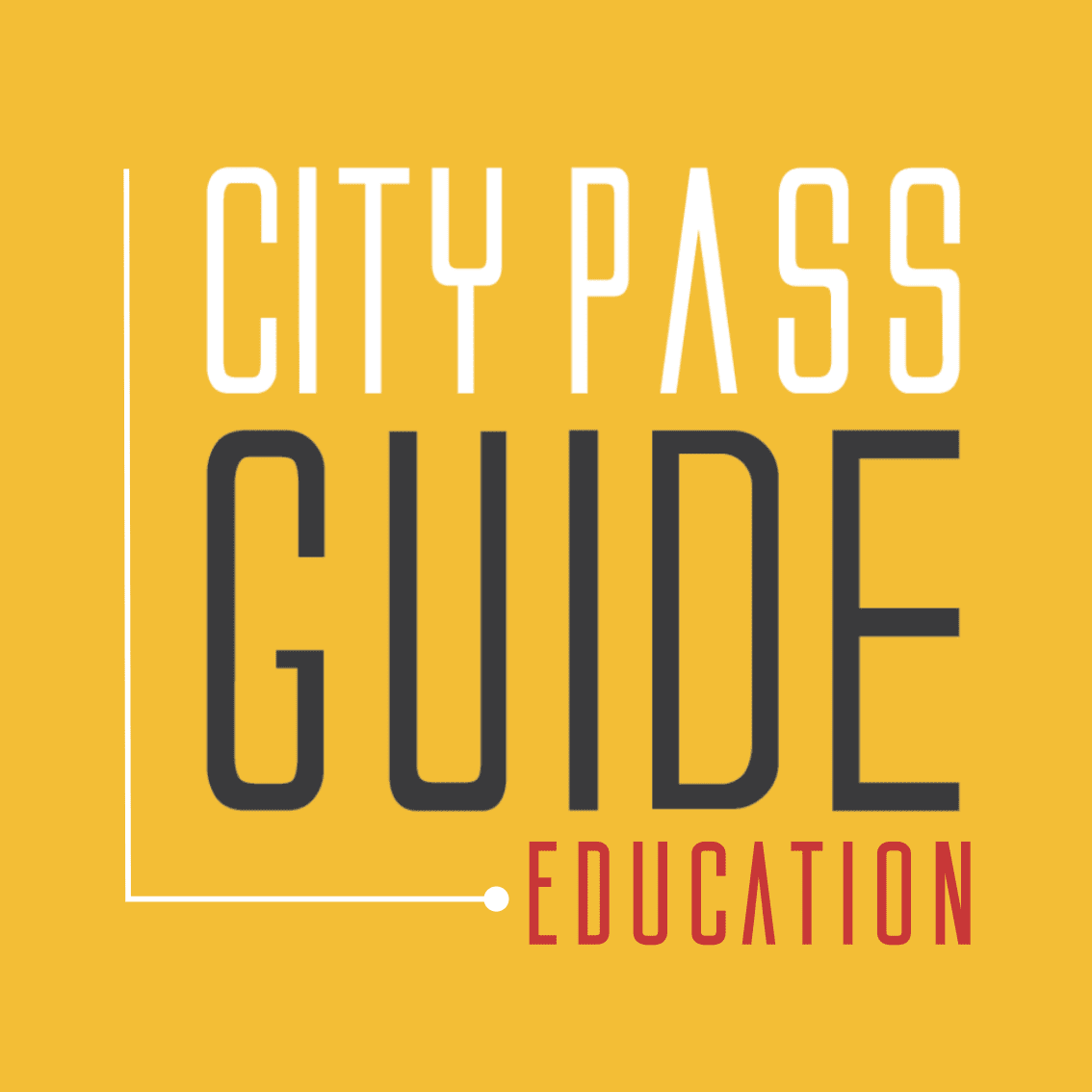East Asian culture is well known for prioritising academic achievements, and we see no exception here in Vietnam. Many Vietnamese parents, especially in the big cities, are pressured by social expectations, along with their own, and regularly send their kids to all kinds of after school classes. This means that in addition to an overwhelming workload in school, children regularly spend their evenings not relaxing and enjoying their free time, but participating in classroom activities and trying to keep up with a jam packed schedule.
The question that parents who enrol their children in such classes and often the teachers who provide such services seem to ignore is will all this extra work make the students high-achieving people? Or can overwork actually undermine a child’s development?
Too Much Pressure, Less Motivation
According to Dr. Nguyen Thuy Anh, Vietnamese education expert and founder of the “Reading with Kids” club based in Hanoi, being forced to learn too many things at the same time can lead to a lack of motivation in children. Seeing no purpose in learning about subjects that they are not genuinely interested in, many children start developing the habit of what she calls “getting by”. This means they often rush to finish their work without fully understanding the meaning of what they are doing.

This simple example suggests that the current practice of keeping kids in the classroom for as long as possible, is actually working against Vietnam’s young learners. So what should be done? The answer, it seems, is relatively simple.
Firstly, despite recent developments in education in Vietnam, parents still regularly believe that education can only be conducted in the classroom, and that the responsibility of educating their children lies solely with the teachers. But Dr Nguyen disagrees. “In fact, children can learn a lot through day-to-day activities outside of school, including interactions with family members at home and going out together with friends”, she says.
Dr Nguyen says “during the developmental years, a child does not really need to cram as much knowledge in their head as possible, but more importantly, they need to learn to live”. This means that they need to learn about the world around them, which encompasses more than textbooks and school matters, and how they can fit into that world as an individual.
The development of ‘life skills’ such as making friends with the right people, self discipline, self-defense, and taking up hobbies can all benefit young students, and potentially save their life in the future. All these things certainly do not come from hours of toiling over homework.
In addition, parents can encourage and motivate their kids to engage with their studies, simply by talking about subjects at school, and explaining to them why it is important that they learn certain things, rather than focusing on academic performance and talking to children only about their grades. Putting too much pressure on achieving perfect grades and failing to consider a child’s psychological well being, can lead to disastrous consequences, such as low self-esteem, resentment, rebellion, and self-destructive behaviors.
Steps in the Right Direction
On the bright side, Vietnamese educators are now more aware of the problems with overwork, and starting to incorporate more elements into the school curriculum that facilitate children’s overall development.


In recent years the Vietnamese Ministry of Education and Training (MOET) has been introducing education reforms that aim to make the Vietnamese education system more flexible, and focuses more on developing essential life skills in the younger members of society.
Dao Thi Phuong Thao, deputy head of Ban Mai Primary School, shared the school’s strategy for holistic development through a focus on five values.“We aim to cultivate these five values in our students, including personality, intelligence, capability, health, and global vision, through programs such as The Leader in Me. At school, children get to participate in a variety of fun, engaging activities rather than only learning in class,” Dao said.
On the last day of school before the Tet Holiday, students of Ban Mai Primary School gathered in the school yard to meet children’s writer Le Phuong Lien, author of a picture book about Lunar New Year, and then returned to class to write their own resolutions for the coming year. In the afternoon, they cleaned their classroom, following the traditional custom of spring cleaning before Tet. Such activities—though not explicitly academic and perhaps unusual in a school setting—are undoubtedly memorable to children and contribute to their development as a person.
